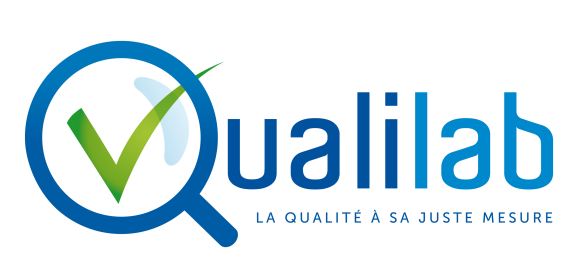
Un nouveau chapitre s'ouvre pour White-Tillet et Ris-World
Chers Clients,
Le site internet Ris-World ferme ses portes dans le cadre de notre intégration au sein de QUALILAB, membre du groupe Biofortis.
Ce changement n’a aucun impact sur nos services ni sur l’accompagnement apporté à nos clients. Il s’inscrit dans la continuité de la transition déjà engagée, nos activités étant désormais pleinement portées par QUALILAB
Pour continuer à suivre nos actualités, projets et publications, nous vous invitons à suivre la page LinkedIn de QUALILAB
Merci d’avoir suivi White-Tillet au fil des années. Nous sommes heureux de poursuivre cette relation avec vous via QUALILAB.
Toute notre équipe reste à votre disposition pour répondre à vos questions et est pleinement mobilisée pour poursuivre notre collaboration avec vous.
Bien cordialement,
L’équipe Qualilab
Dear Clients,
The Ris-World website is closing its doors as part of our integration into QUALILAB, within the Biofortis group.
This change will not affect our services or our commitment. It simply reflects the transition already underway, with our activities now fully carried out under QUALILAB.
To continue following our latest news, projects, and updates, we invite you to join us on the QUALILAB LinkedIn page.
Thank you for following White-Tillet over the years. We look forward to staying connected with you through QUALILAB.
Our entire team remains at your disposal to answer your questions and is fully committed to continuing our collaboration with you.
Kind regards,
The Qualilab Team